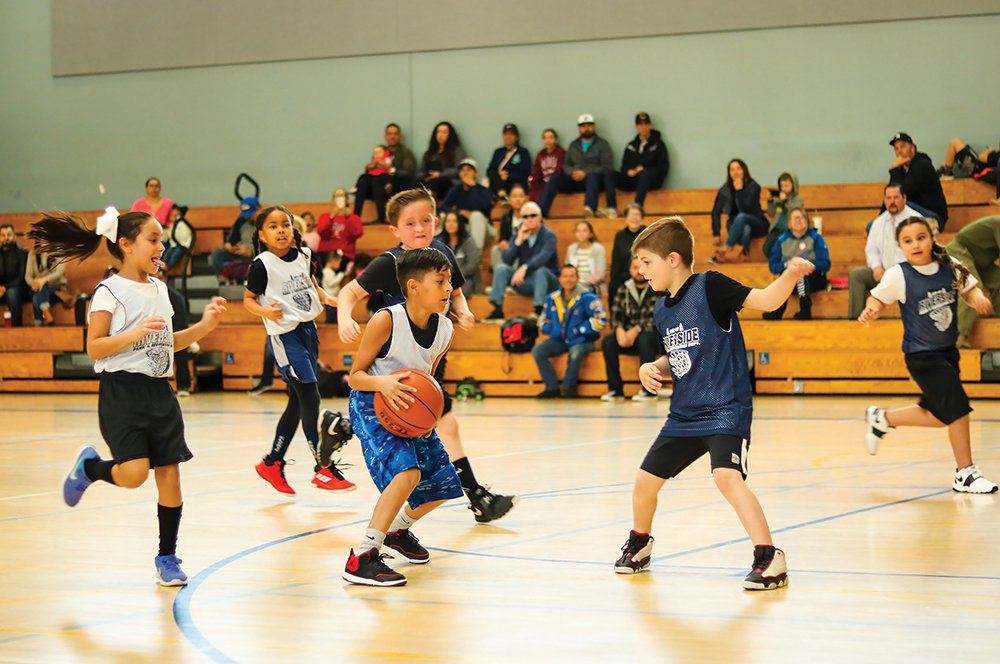Matters Of The Mind
Use transitional moments to clear your mind before coaching
By John Engh
Photos: NAYS
These days, there seems to be much talk about mental-health challenges in the world of sports. Watching Simone Biles in the Summer Games struggle with her confidence, and then watching almost the same thing happen to Mikaela Shiffrin in the Winter Games—two of our countries’ most-celebrated athletes at the Olympics—was a real eye opener. Just a little doubt that creeps into one’s mind can ruin years and years of training and hard-earned muscle memory. It’s my hope that the light shining on positive mental health will be just as important as that shone on physical health.
For years, the National Alliance for Youth Sports has been offering additional, specialized training for coaches and administrators that goes beyond core foundational and sport-specific trainings. Thanks to a grant from ESPN, the newest, free offering will allow parents of kids in sports—and adults working as coaches and administrators—to acquire a better understanding of the key mental areas of sports competition in order to help young athletes have a positive experience.
As administrators, it’s important to remember that, while children in programs have had tough experiences over the last of couple years, so also have adult volunteers. After all, the majority of volunteers are likely coming from stressful workplaces straight to your facilities to coach.
I remember, after a particularly hectic day at work, rushing to the practice field or even to a game to coach. Obviously, on those days I was never fully prepared to take on 12 to 15 eager kids who just wanted to get out there and play. And things sometimes went from bad to worse.
When I was coaching baseball, my son and I had a rule that we weren’t allowed to discuss baseball unless we were at a practice or a game. Unless I had my team coaching hat on, I wasn’t even allowed to give him pointers. Watching some of the video clips from the new training now offered, I am reminded that having rules like that one can really make a difference. One suggestion is to take a specified amount of time to “transition” from one’s work life or parenting life to a volunteer role. Even if it’s just taking a minute to sit in the car and breathe before heading to the field or court, this can put one in the right frame of mind and make a significant difference.
You hear the words “challenging times” a lot these days. Well, fields, courts, and rinks shouldn’t be included in those challenges. Those spaces should be reserved for some of the best times for both adults and children.
Mental health needs must be taken as seriously as learning proper fundamentals and getting in great physical condition. As administrators, we need to lead the charge!
John Engh is executive director of the National Alliance for Youth Sports (NAYS) in West Palm Beach, Fla. He can be reached via email at jengh@nays.org. To join more than 3,000 communities by starting a NAYS Member Organization, visit www.nays.org, email nays@nays.org or call (800) 729-2057.

